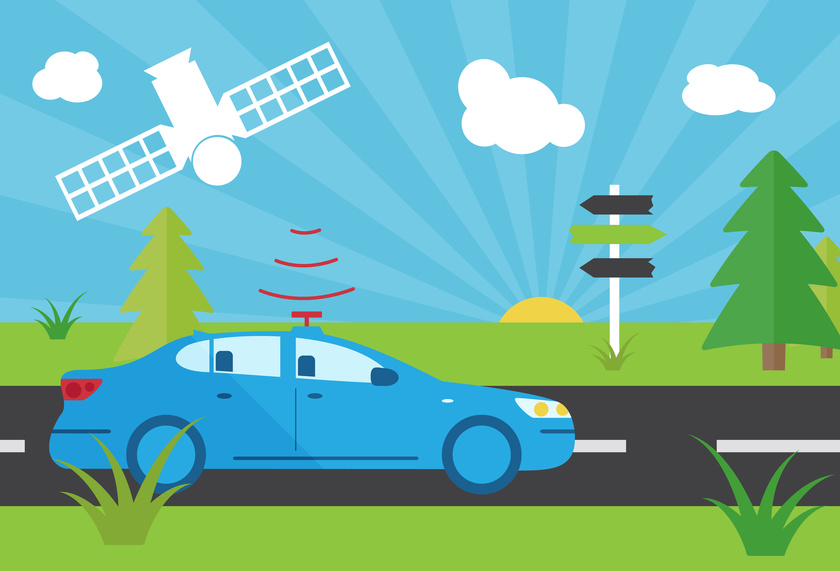The future has arrived. Due to powerful innovators, past pipe dreams of technologically advanced inventions are quickly becoming reality. Furthermore, the auto industry is a major innovative player. While it has produced awe-inspiring machinery advancements over the years, driverless cars will be the most groundbreaking product the public has seen to date.
In a typical vehicle, the driver controls everything from speed, lane changes, and direction. The margin for human error is so large that each week, millions of car accidents take place across the globe. Distracted driving is a becoming a serious issue that governments must combat, as too many lives have been lost or dramatically altered due to vehicle collisions that could have been avoided.
Driverless cars, on the other hand, will be safer due to the highly intelligent computers that will be operating them. However, there are ethical questions that car manufacturers must address quickly surrounding these autonomous vehicles that are set to hit the streets in mass quantities in the near future.
Programmed for Accidents
While there are presently already plenty of self-driving cars on the streets, they will be unable to be released en masse until auto innovators have made this ethically troubling decision: Who should the car save in the event of an unavoidable accident?
Let’s say that you went out in the next few years and bought yourself a self-driving car. In the months, even years after you’ve made your purchase, you’re completely satisfied with the vehicle and all the convenience it has brought into your life. Everything about the car is great, until one day while driving your typical route to work you find yourself approaching what will undoubtedly be an unavoidable collision. Five pedestrians have run out into the street, and the only way your car can avoid hitting them is to steer itself into the nearby brick wall, killing you in the process.
The Undecided Answer
This is where things become difficult. Of course, minimizing the death toll is important, but not many people will want to purchase a car that is programmed to kill them despite the risk of accidents being higher if they bought a regular vehicle.
Automakers will soon decide, albeit after conducting meticulous research, how to approach this ethical dilemma. Regardless of their decision, there will certainly be many more aspects to consider when seeking compensation for driverless car related injuries.
If you have been injured, and need legal assistance, call #1000 on your cell phone for free. We will offer you a free claim assessment.






